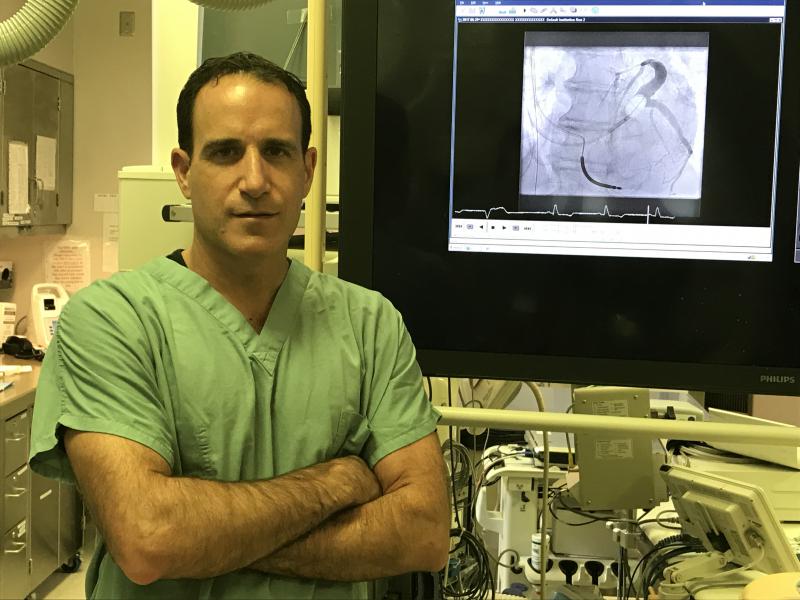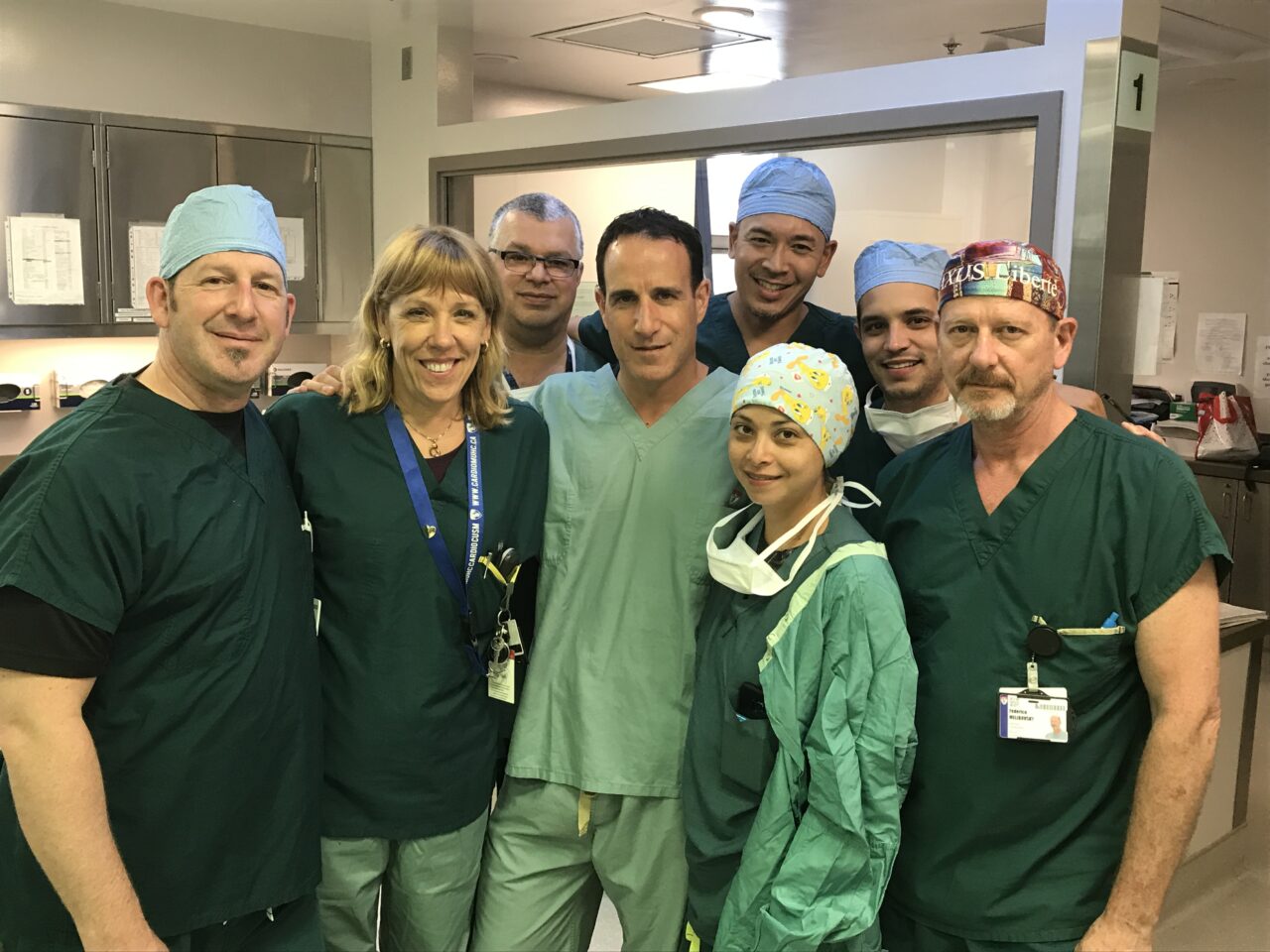MUHC cardiac patient first in Canada to receive a cardiac resynchronization therapy defibrillator with full-body MRI compatibility.

By Gilda Salomone, MUHC Communications
A patient from the McGill University Health Centre (MUHC) with heart failure has successfully received a Cardiac Resynchronization Therapy Defibrillator (CRT-D) that will allow him to safely undergo full-body magnetic resonance imaging (MRI) scans. Although “traditional” CRT-Ds are frequently used, this is the first time the device called Amplia MRI™ Quad CRT-D SureScan has been implanted in Canada.
“CRT-Ds are often used in patients with severe heart failure, but a significant downside of this procedure has been that these patients are unable to undergo MRI scans after surgery because the strong magnetic fields generated by MRI affect the normal operation of the heart device,” says Dr. Vidal Essebag, who is Director of Cardiac Electrophysiology at the MUHC and performed the surgery using the new implantable device.

MRIs use magnetic fields to create a detailed internal view of the body, and are widely used to diagnose and plan the treatment of patients with a range of diseases and conditions. “MRIs have become the most powerful imaging method in cardiology, giving doctors invaluable information about the anatomy of the heart and about the areas of the heart that are scarred or abnormal, “says Dr. Essebag. “This information is vital, so the fact that we now have access to an MRI-compatible CRT-D device is a major advancement in the care of patients with severe heart failure.”
The new device was approved by Health Canada in May 2017. Medtronic, the manufacturer of the device, chose the MUHC to conduct the first Canadian implant because of Dr. Essebag’s expertise in electrophysiology and cardiac resynchronization therapy, and because of the institution’s renowned Heart Failure and Heart Transplant Centre. The centre treats complex care patients from the entire Réseau universitaire intégré de santé McGill (RUIS-McGil) – an area encompassing more than 60 per cent of the province.
“Heart failure is the most rapidly increasing cardiovascular disease in Canada, affecting about half a million people.” says Dr. Nadia Giannetti, who is Chief of Cardiology and Medical Director of the Heart Failure and Heart Transplant Centre at the MUHC. “In only the past year, around 3,400 Canadians benefited from a CRT-D, so it’s encouraging to know that an MRI-compatible device is now available in Canada.”
